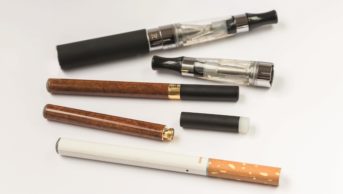Pharmacists in the United States are being discouraged from taking part in executions of prisoners on the grounds that it goes against the ethos of the profession.
The move follows a vote by the house of delegates of the American Pharmacists Association (APhA) – a professional association with around 62,000 members – and reflects the stand already taken by professional organisations representing doctors, nurses and anaesthetists in the United States.
“Pharmacist participation in executions conflicts with the profession’s role on the patient healthcare team,” says the APhA’s executive vice-president and chief executive officer Thomas Menighan.
The APhA house of delegates — made up of representatives from state pharmacy associations and affiliated pharmacy organisations — develops official APhA policy and met in San Diego, California, on 27–30 March 2015. Policy papers from the meeting explain that the principal mode of involvement by pharmacists in executions is the compounding or provision of unapproved lethal chemical formulations for use in execution protocols.
The new policy statement brings together two previous APhA rulings — its opposition to the use of the term “drug” for chemicals used in lethal injections and its opposition to laws and regulations that mandate or prohibit the participation of pharmacists in the process of execution by lethal injection.
The human rights charity Amnesty International claims 1,000 prisoners have been executed in the United States by lethal injection since 1982. It is the most common method of capital punishment in the United States and is authorised in 34 US states, according to statistics from the US Death Penalty Information Centre.


